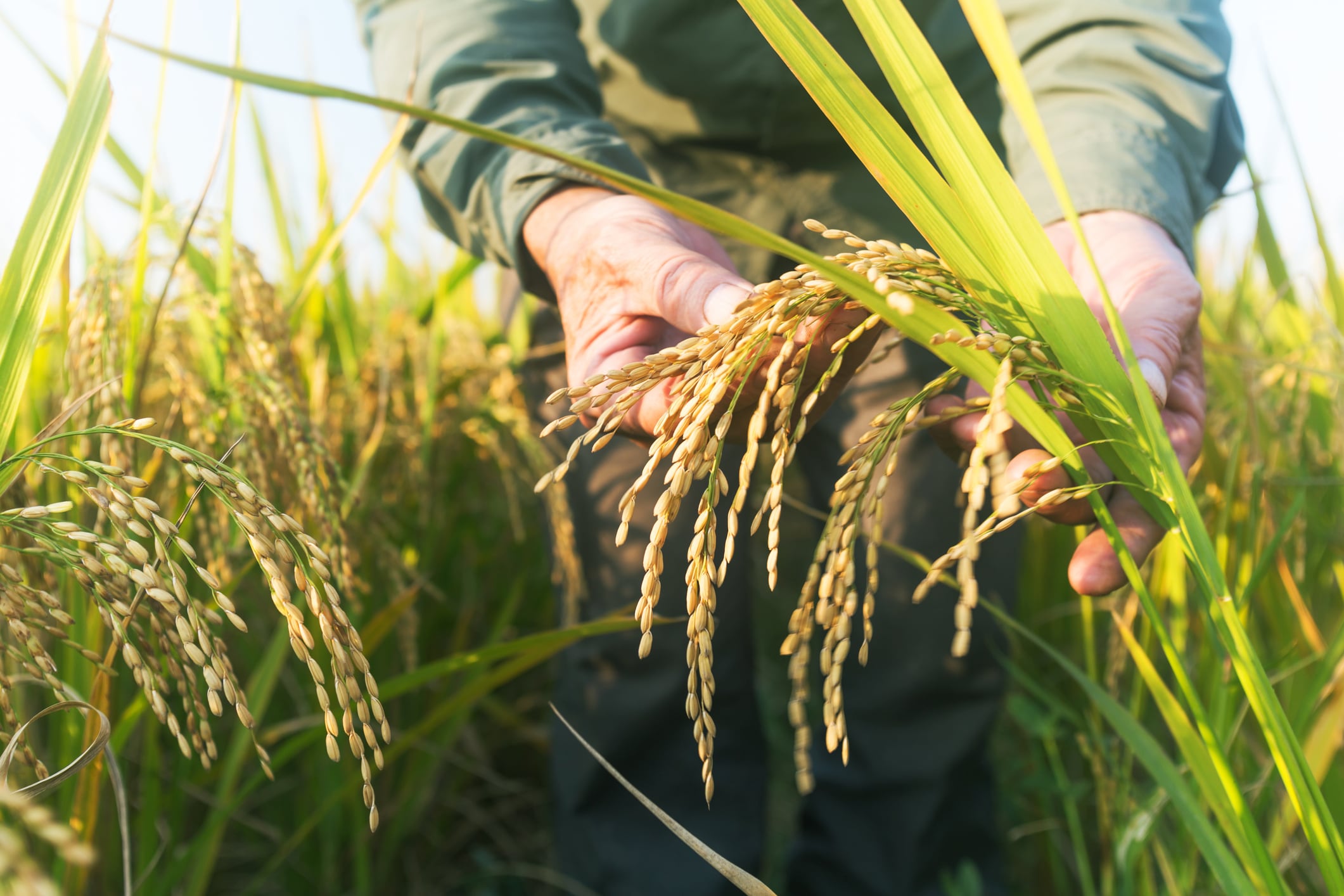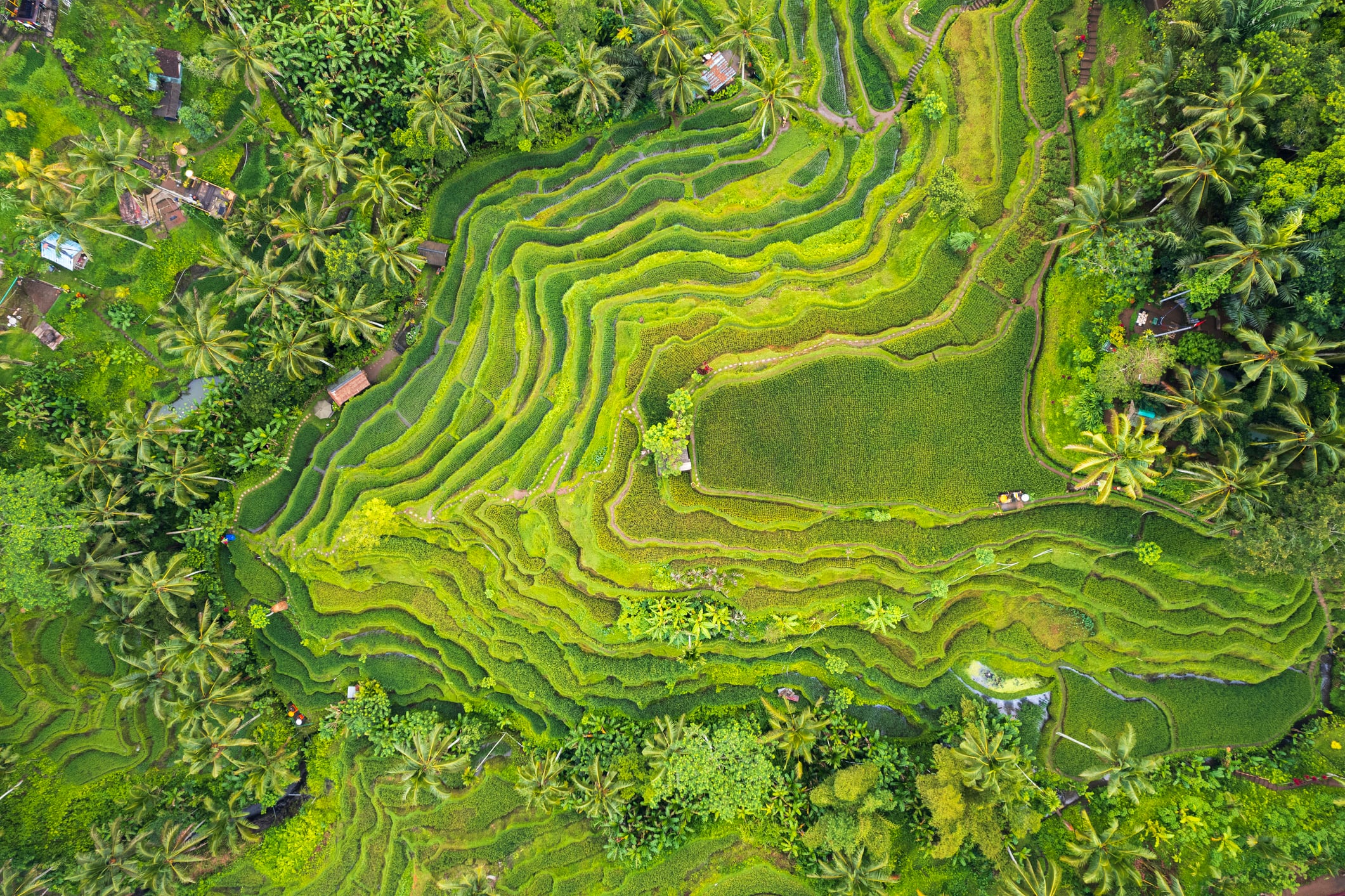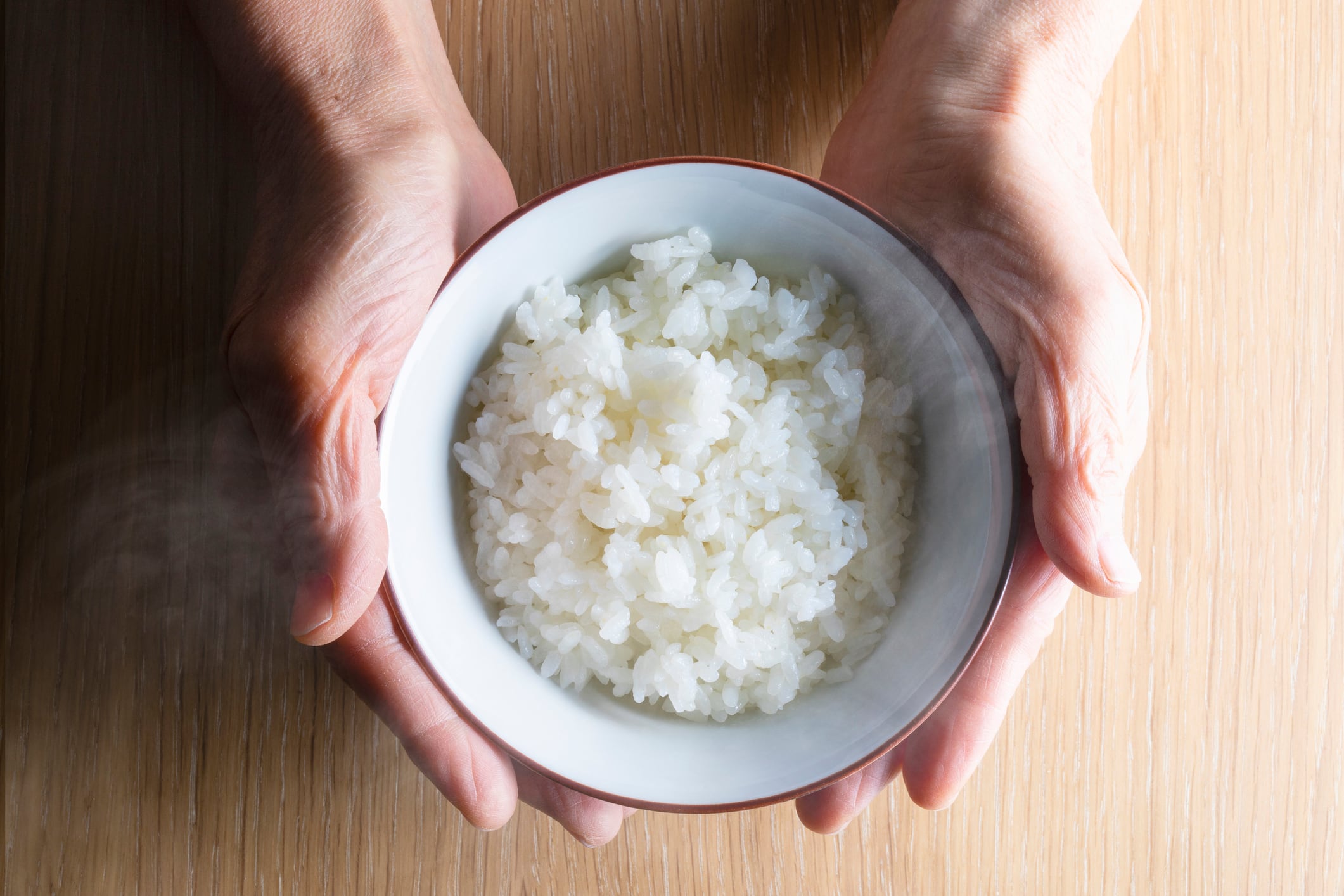Rice farming is a major source of greenhouse gas (GHG) emissions and one of the highest carbon emitting crops.
Globally, rice cultivation practices account for around 10% of anthropogenic methane emissions and more than a third of irrigation water worldwide.
Adopting sustainable practices can almost cut GHG emissions by half and reduce water usage by 30%.
As awareness of the environmental cost of rice farming grows, ingredient firm BENEO, which produces ingredients such as rice-derived starch, flour and protein ingredients, sees the need to develop the market for rice ingredients certified by the Sustainable Rice Platform (SRP).
Speaking to AgTechNavigator, Benoit Tavernier, BENEO’s portfolio manager for rice ingredients, said the trend will strengthen over the next five to ten years.
“We know that rice farming, or the water irrigation of it, contributes hugely to methane emissions. So, it will be all about making sure we reduce emissions, reduce water usage. Or at least, do it in a smart way to make it climate resistant and future proof. Digital tools, precision farming… will help in further optimising the yield, further optimising the optimal usage of the soil and of the land. I think these will be the biggest factors moving forward.”
Promoting sustainable rice farming
In July, BENEO announced a three-year partnership with international NGO Rikolto and climate technology firm CarbonFarm.
Funded by the Government of Flanders, the project aims to promote sustainable rice production in Vietnam, one of the largest rice exporters globally.
The project will train at least 1,000 farmers in Vietnam’s Mekong Delta on sustainable and climate-resilient agricultural practices in line with the SRP standards.
This includes guidance on efficient water management and responsible use of pesticides and fertilisers, with demonstration fields used to showcase practical applications of sustainable rice farming.
Technology such as satellites and digital logbooks will be used to monitor the farming practices and scientifically measure emissions and water usage.
The company’s chief role in this project is to develop the market for SRP-certified rice.
“We are very close to this project. We have guaranteed that we will take all the volume produced under the project,” said Tavernier.
Sustainability in high demand
The company has already observed a growing demand for more environmentally friendly rice products.
“As a market leader, you have to make sure that you are on top of the trends and on top of what’s expected of the market. One element is sustainability; if we look at the demand from the bigger players in the food and feed industry, we have already received enquiries on our sustainability initiatives. Some customers even refer to SRP directly. And we know that once the bigger names ask for it, the rest will follow,” said Tavernier.
He added: “At this point, I don’t feel that we even have to push for demand for [SRP-certified rice]. At the same time, the consumers are asking for this. They are more aware of what they want and do not want. What they really want is clean labels and transparency across the whole supply chain.”
BENEO aims to process at least 10,000 tonnes of sustainably grown rice throughout the three-year project, with the first rice volumes expected to be available in the autumn of 2025.
It is already sourcing SRP-certified rice from other origins.
Supporting this initiative in Vietnam will secure its supply of SRP-certified rice, even though at present it does not see any issue that will make it difficult to meet the demands, said Tavernier.
This project follows BENEO’s efforts to support rice farming in Laos back in 2023 by supplying equipment to local farmers.




